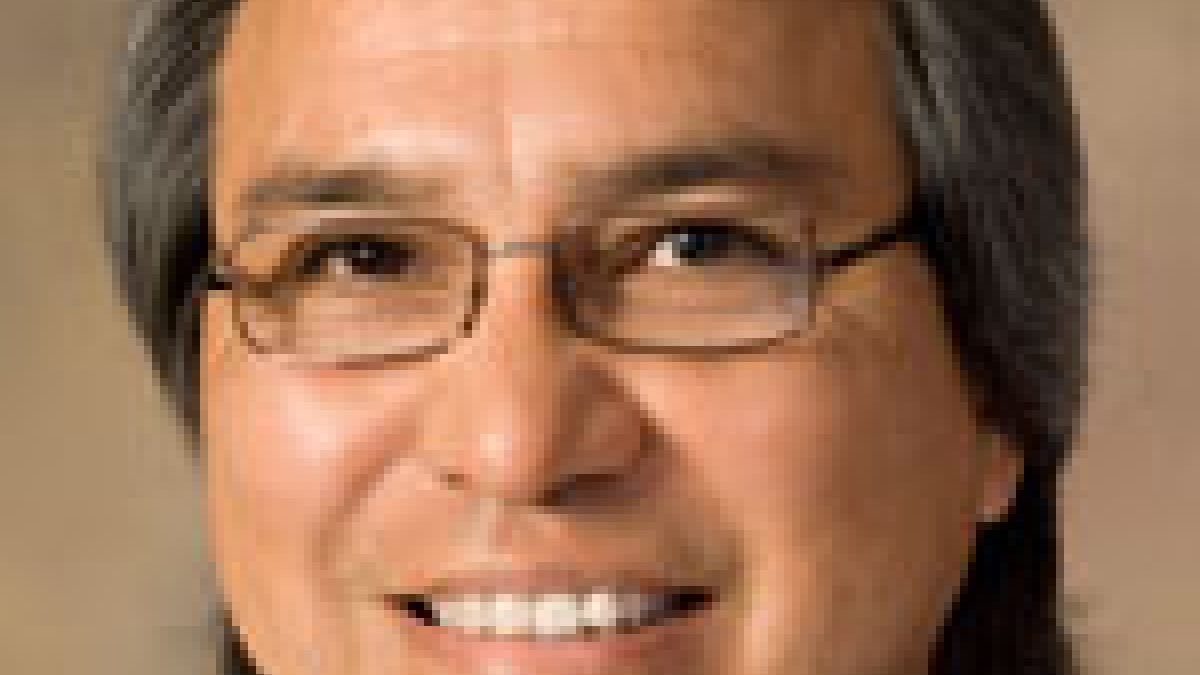Conference to address history, future of UN policy on the rights of indigenous peoples

In 2010, the United States announced its support for the U.N. Declaration on the Rights of Indigenous Peoples, reversing its prior opposition to the international document, which formally recognizes the rights of Native Americans.
On April 19, a national conference hosted by the Sandra Day O'Connor College of Law will trace the history of the Declaration and explore ways it can be used by indigenous peoples and others to develop more just federal Indian policy.
The conference, “Can International Law Support Changes to Federal Indian Policy?”, will be hosted by the College of Law’s Indian Legal Program (ILP) and Center for Law and Global Affairs. It will be held from 8:30 a.m. to 5:30 p.m., in the Great Hall of Armstrong Hall on the ASU Tempe campus. This conference is free and open to the public, however, advance registration is requested at conferences.asucollegeoflaw.com/DRIP. CLE will be available to attorneys for a $150 CLE rate. The conference also will be webcast live at law.asu.edu/undrip2013.
The keynote address will be delivered by S. James Anaya, who participated in the drafting of the Declaration and who now serves as the United Nations’ Special Rapporteur on the Rights of Indigenous Peoples. Anaya, Regents’ Professor at the James E. Rogers College of Law at the University of Arizona, will discuss the significance of the United States’ support of the Declaration.
“The conference will highlight the significance to indigenous peoples in the United States of the U.N. Declaration on the Rights of Indigenous Peoples,” Anaya said. “It will bring together several distinguished Indian law scholars to explore how the Declaration relates to United States law and policy.”
Anaya was the lead counsel for the indigenous parties in the case of Awas Tingni v. Nicaragua, in which the Inter-American Court of Human Rights for the first time upheld indigenous peoples’ land rights as a matter of international law. Additionally, he is the author of several major publications on indigenous peoples and international human rights.
“I will be emphasizing the Declaration’s importance on a global scale and the multiple challenges that lie ahead in seeing the rights in the Declaration implemented,” he said.
The Declaration sets out the individual and collective rights of indigenous peoples, including their rights to culture, identity, language employment, health, education and other issues. Experts believe the Declaration will help indigenous peoples fight discrimination, marginalization and human rights violations, while protecting their cultures and traditions.
The United States, home to more than 2 million Native Americans and more than 600 Native American tribes, at first refused to sign the Declaration. However, in 2010, President Obama announced the nation’s support, saying few have been more marginalized and ignored by Washington for as long as Native Americans -- our First Americans.
According to the U.S. Department of State, while the Declaration is not legally binding or a statement of current international law, it has both moral and political force.
“It expresses both the aspirations of indigenous peoples around the world and those of States in seeking to improve their relations with indigenous peoples,” according to the State Department website. “Most importantly, it expresses aspirations of the United States, aspirations that this country seeks to achieve within the structure of the U.S. Constitution, laws, and international obligations, while also seeking, where appropriate, to improve our laws and policies.”
The conference’s co-chairs are Professor Patty Ferguson-Bohnee, Faculty Director of the College of Law’s ILP and Director of its Indian Legal Clinic, and G. William Rice, associate professor and co-director of the Native American Law Center at the University of Tulsa College of Law.
Rice said the program will present relevant background information on the development of the Declaration and address various considerations important to the application of its principles to the federal-tribal relationship.
“I am extremely pleased to be a small part of this very important conference,” he said.
Panels at the conference will explore the roles of public/private partnerships, NGOs and tribes in drafting and supporting the Declaration. Further focus will be on its future, including implementation, as well as the impact of the United States’ support.
Rice said he expects attorneys, government leaders and all those interested in human rights or the rights of Native Americans, Alaska Natives and Native Hawaiians will be interested in attending.
For more information about the conference, visit conferences.asucollegeoflaw.com/DRIP.